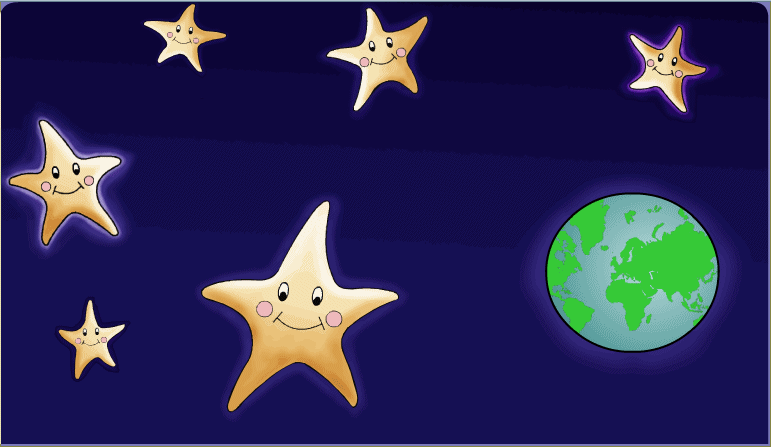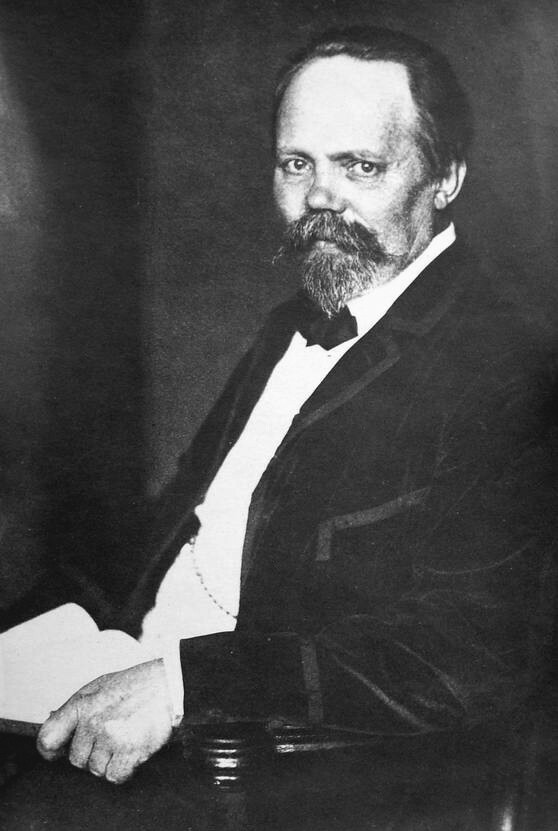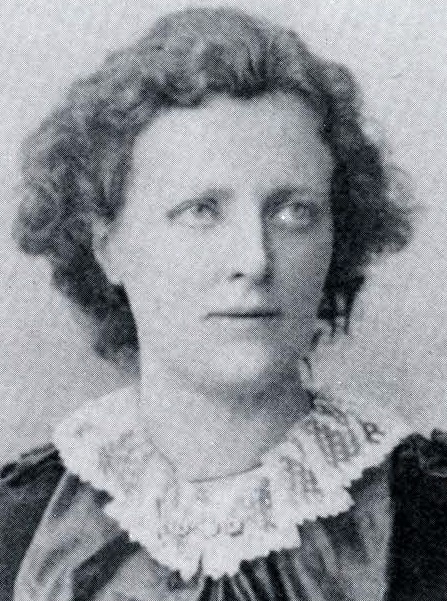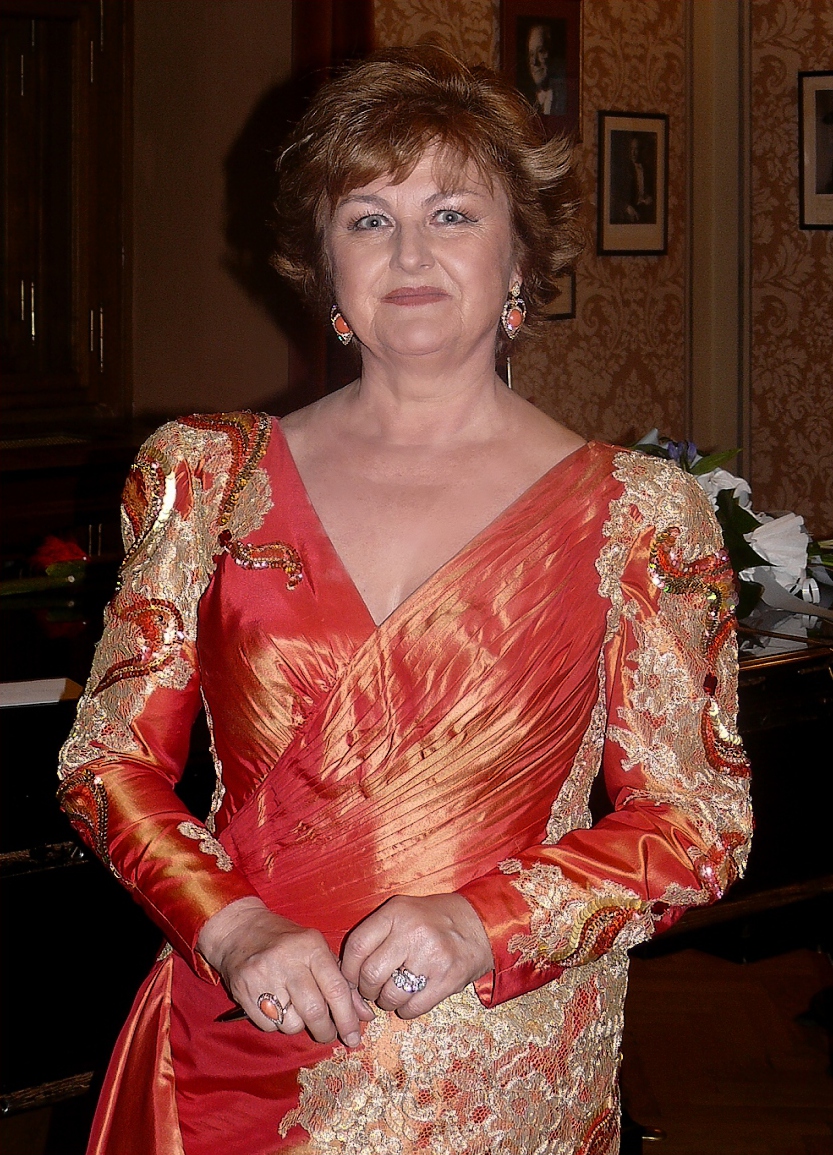|
Brother, Come And Dance With Me
"Brother, Come and Dance with Me" (German: Brüderchen, komm tanz mit mir) is a popular German children's song that originated in about 1800 in Thuringia. The German composer Engelbert Humperdinck adapted the song for a duet between Hänsel and Gretel in the first act of his 1893 opera '' Hänsel und Gretel''. The composer's sister, Adelheid Wette, modified the folk song for the opera, mainly by omitting the fifth stanza and re-arranging some lines. Folk song Brüderchen, komm, tanz mit mir, beide Hände reich' ich dir, einmal hin, einmal her, rundherum, das ist nicht schwer. Mit den Händchen klipp, klapp, klapp, mit den Füßchen tripp, tripp, tripp, einmal hin, ... Mit den Köpfchen nick, nick, nick, mit den Fingerchen, tick, tick, tick, einmal hin, ... Ei, das hast du gut gemacht, ei, das hätt' ich nicht gedacht, einmal hin, ... Noch einmal das schöne Spiel, weil es mir so gut gefiel, einmal hin, ... Brother, come and dance with me, both my hands I offer thee: right foot ... [...More Info...] [...Related Items...] OR: [Wikipedia] [Google] [Baidu] |
Children's Song
A children's song may be a nursery rhyme set to music, a song that children invent and share among themselves or a modern creation intended for entertainment, use in the home or education. Although children's songs have been recorded and studied in some cultures more than others, they appear to be universal in human society. Categories Iona and Peter Opie, pioneers of the academic study of children's culture, divided children's songs into two classes: those taught to children by adults, which when part of a traditional culture they saw as nursery rhymes, and those that children taught to each other, which formed part of the independent culture of childhood. A further use of the term ''children's song'' is for songs written for the entertainment or education of children, usually in the modern era. In practice none of these categories is entirely discrete, since, for example, children often reuse and adapt nursery rhymes, and many songs now considered as traditional were deliberatel ... [...More Info...] [...Related Items...] OR: [Wikipedia] [Google] [Baidu] |
Thuringia
Thuringia (; german: Thüringen ), officially the Free State of Thuringia ( ), is a state of central Germany, covering , the sixth smallest of the sixteen German states. It has a population of about 2.1 million. Erfurt is the capital and largest city. Other cities are Jena, Gera and Weimar. Thuringia is bordered by Bavaria, Hesse, Lower Saxony, Saxony-Anhalt, and Saxony. It has been known as "the green heart of Germany" () from the late 19th century due to its broad, dense forest. Most of Thuringia is in the Saale drainage basin, a left-bank tributary of the Elbe. Thuringia is home to the Rennsteig, Germany's best-known hiking trail. Its winter resort of Oberhof makes it a well-equipped winter sports destination – half of Germany's 136 Winter Olympic gold medals had been won by Thuringian athletes as of 2014. Thuringia was favoured by or was the birthplace of three key intellectuals and leaders in the arts: Johann Sebastian Bach, Johann Wolfgang von Goethe, and Fried ... [...More Info...] [...Related Items...] OR: [Wikipedia] [Google] [Baidu] |
Engelbert Humperdinck (composer)
Engelbert Humperdinck (; 1 September 1854 – 27 September 1921) was a German composer. He is known widely for his opera ''Hansel and Gretel (opera), Hansel and Gretel'' (1893). Biography Humperdinck was born at Siegburg in the Rhine Province in 1854. After receiving piano lessons, he produced his first composition at the age of seven. His first attempts at works for the stage were two singspiele written when he was 13. His parents disapproved of his plans for a career in music and encouraged him to study architecture. But he began taking music classes under Ferdinand Hiller and Isidor Seiss at the Cologne Conservatory in 1872. In 1876, he won a scholarship that enabled him to go to Munich, where he studied with Franz Lachner and later with Josef Rheinberger. In 1879, he won the first Mendelssohn Scholarship, Mendelssohn Award given by the Mendelssohn Scholarship, Mendelssohn Stiftung (foundation) in Berlin. He went to Italy, where he became acquainted with composer Richard Wa ... [...More Info...] [...Related Items...] OR: [Wikipedia] [Google] [Baidu] |
Hansel And Gretel (opera)
''Hansel and Gretel'' (German: ') is an opera by nineteenth-century composer Engelbert Humperdinck, who described it as a ' (fairy-tale opera). The libretto was written by Humperdinck's sister, Adelheid Wette, based on the Grimm brothers' fairy tale "Hansel and Gretel". It is much admired for its folk music-inspired themes, one of the most famous being the "" ("Evening Benediction") from act 2. The idea for the opera was proposed to Humperdinck by his sister, who approached him about writing music for songs that she had written for her children for Christmas based on "Hansel and Gretel". After several revisions, the musical sketches and the songs were turned into a full-scale opera. Humperdinck composed ''Hansel and Gretel'' in Frankfurt in 1891 and 1892. The opera was first performed in the Hoftheater in Weimar on 23 December 1893, conducted by Richard Strauss. It has been associated with Christmas since its earliest performances and today it is still most often performed a ... [...More Info...] [...Related Items...] OR: [Wikipedia] [Google] [Baidu] |
Adelheid Wette
Adelheid Catharina Maria Humperdinck Wette (4 September 1858 – 9 August 1916) was a German author, composer, and folklorist who is best remembered today as the librettist of her brother Engelbert Humperdinck's opera ''Hansel and Gretel''. Life and career Wette was born in Siegburg, Germany, the youngest sister of the composer Engelbert Humperdinck. Her parents were Gustav Humperdinck, a high school teacher, and Gertrud Hartmann Humperdinck, the daughter of a cantor. Adelheid was very interested in reading folktales and writing poetry. In 1881, she married Dr. Hermann Wette who shared her interest in folktales and had himself written two libretti for the composer Arnold Mendelssohn. Every year, Adelheid Wette wrote a play for her children to perform at a family celebration. In 1888, she wrote the libretto to Engelbert's singspiel ''Snow White''. In 1890, Adelheid wrote a version of ''Hansel and Gretel'' to be performed for her husband's birthday in May. In a letter to Engelber ... [...More Info...] [...Related Items...] OR: [Wikipedia] [Google] [Baidu] |
Edita Gruberová
Edita Gruberová (; 23 December 1946 – 18 October 2021) was a Slovak coloratura soprano. She made her stage debut in Bratislava in 1968 as Rosina in Rossini's ''Il barbiere di Siviglia'', and successfully auditioned at the Vienna State Opera the following year, which became her base. She received international recognition for roles such as Mozart's Queen of the Night in ''Die Zauberflöte'' and Zerbinetta in ''Ariadne auf Naxos'' by Richard Strauss. In her later career, she explored heavier roles in the Italian bel canto repertoire, such as the title role in Donizetti's ''Lucia di Lammermoor'', and Elvira in Bellini's ''I puritani''. In 2019, she portrayed Elisabetta in Donizetti's ''Roberto Devereux'', who leaves her throne, concluding a stage career performing leading roles over 51 years. She is remembered as the "" (Slovak Nightingale), and as prima donna assoluta. Early life and education Edita Gruberová was born on 23 December 1946 in Rača, Bratislava, to a German ... [...More Info...] [...Related Items...] OR: [Wikipedia] [Google] [Baidu] |
Brigitte Fassbaender
Brigitte Fassbaender (; born 3 July 1939), is a German mezzo-soprano opera singer and a stage director. From 1999 to 2012 she was intendant (managing director) of the Tyrolean State Theatre in Innsbruck, Austria. She holds the title Kammersängerin from the Bavarian State Opera in Munich and the Vienna Staatsoper. Career Fassbaender was born in Berlin, the daughter of screen actress Sabine Peters and baritone Willi Domgraf-Fassbaender. The family settled in Nuremberg after World War II. She spent her early career in Munich. Fassbaender studied singing with her father, at the Nuremberg Conservatory. She joined the Bavarian State Opera in 1961, where her first leading role was Nicklausse in ''The Tales of Hoffmann''. Fassbaender appeared as Octavian, the title role of ''Der Rosenkavalier'' by Richard Strauss, in Munich in 1967, the role that launched her international career. In 1971, she performed at Royal Opera, London and made her Metropolitan Opera debut in 1974. Fassbaender ... [...More Info...] [...Related Items...] OR: [Wikipedia] [Google] [Baidu] |
Georg Solti
Sir Georg Solti ( , ; born György Stern; 21 October 1912 – 5 September 1997) was a Hungarian-British orchestral and operatic conductor, known for his appearances with opera companies in Munich, Frankfurt and London, and as a long-serving music director of the Chicago Symphony Orchestra. Born in Budapest, he studied there with Béla Bartók, Leó Weiner and Ernő Dohnányi. In the 1930s, he was a répétiteur at the Hungarian State Opera and worked at the Salzburg Festival for Arturo Toscanini. His career was interrupted by the rise of the Nazis' influence on Hungarian politics and, being of Jewish background, he fled the increasingly harsh Hungarian anti-Jewish laws in 1938. After conducting a season of Russian ballet in London at the Royal Opera House he found refuge in Switzerland, where he remained during the Second World War. Prohibited from conducting there, he earned a living as a pianist. After the war, Solti was appointed musical director of the Bavarian State O ... [...More Info...] [...Related Items...] OR: [Wikipedia] [Google] [Baidu] |
Vienna Philharmonic
The Vienna Philharmonic (VPO; german: Wiener Philharmoniker, links=no) is an orchestra that was founded in 1842 and is considered to be one of the finest in the world. The Vienna Philharmonic is based at the Musikverein in Vienna, Austria. Its members are selected from the orchestra of the Vienna State Opera. Selection involves a lengthy process, with each musician demonstrating their capability for a minimum of three years' performance for the opera and ballet. After this probationary period, the musician may request an application for a position in the orchestra from the Vienna Philharmonic's board. History Precursors and formation Until the 1830s, orchestral performance in Vienna was done by ''ad hoc'' orchestras, consisting of professional and (often) amateur musicians brought together for specific performances. In 1833, Franz Lachner formed the forerunner of the Vienna Philharmonic, the – an orchestra of professional musicians from the Vienna Court Opera (''Wiener Hof ... [...More Info...] [...Related Items...] OR: [Wikipedia] [Google] [Baidu] |
August Everding
August Everding (; 31 October 1928; Bottrop, Germany – 26 January 1999; Munich) was a German opera director and administrator. He studied at the Universities of Bonn and Munich, where launching his career in the 1950s. He was a member of the Roman Catholic fraternity Katholischer Studentenverein Arminia Bonn. From 1968 onwards he worked as a director in Hamburg, before moving back to Munich in 1977 to become the General Intendant of the Bayerische Staatsoper. In the following years he also directed in Bayreuth, the Deutsche Oper Berlin, Zurich Opera, In 1988 the Prinzregententheater was renovated under his patronage and could be reopened as theatre and opera house. It also houses the Bavarian Theatre Academy. His productions were seen in all the major international houses: Vienna State Opera, Salzburg Festival. the Royal Opera House, Covent Garden, London, La Scala, Milan, the Lyric Opera of Chicago, the Metropolitan Opera New York City, San Francisco Opera, Victoria State Ope ... [...More Info...] [...Related Items...] OR: [Wikipedia] [Google] [Baidu] |
German Children's Songs
German(s) may refer to: * Germany (of or related to) **Germania (historical use) * Germans, citizens of Germany, people of German ancestry, or native speakers of the German language ** For citizens of Germany, see also German nationality law **Germanic peoples (Roman times) * German language **any of the Germanic languages * German cuisine, traditional foods of Germany People * German (given name) * German (surname) * Germán, a Spanish name Places * German (parish), Isle of Man * German, Albania, or Gërmej * German, Bulgaria * German, Iran * German, North Macedonia * German, New York, U.S. * Agios Germanos, Greece Other uses * German (mythology), a South Slavic mythological being * Germans (band), a Canadian rock band * "German" (song), a 2019 song by No Money Enterprise * ''The German'', a 2008 short film * "The Germans", an episode of ''Fawlty Towers'' * ''The German'', a nickname for Congolese rebel André Kisase Ngandu See also * Germanic (other) * Germa ... [...More Info...] [...Related Items...] OR: [Wikipedia] [Google] [Baidu] |
Songs About Dancing
A song is a musical composition intended to be performed by the human voice. This is often done at distinct and fixed pitches (melodies) using patterns of sound and silence. Songs contain various forms, such as those including the repetition and variation of sections. Written words created specifically for music, or for which music is specifically created, are called lyrics. If a pre-existing poem is set to composed music in classical music it is an art song. Songs that are sung on repeated pitches without distinct contours and patterns that rise and fall are called chants. Songs composed in a simple style that are learned informally "by ear" are often referred to as folk songs. Songs that are composed for professional singers who sell their recordings or live shows to the mass market are called popular songs. These songs, which have broad appeal, are often composed by professional songwriters, composers, and lyricists. Art songs are composed by trained classical composers fo ... [...More Info...] [...Related Items...] OR: [Wikipedia] [Google] [Baidu] |







